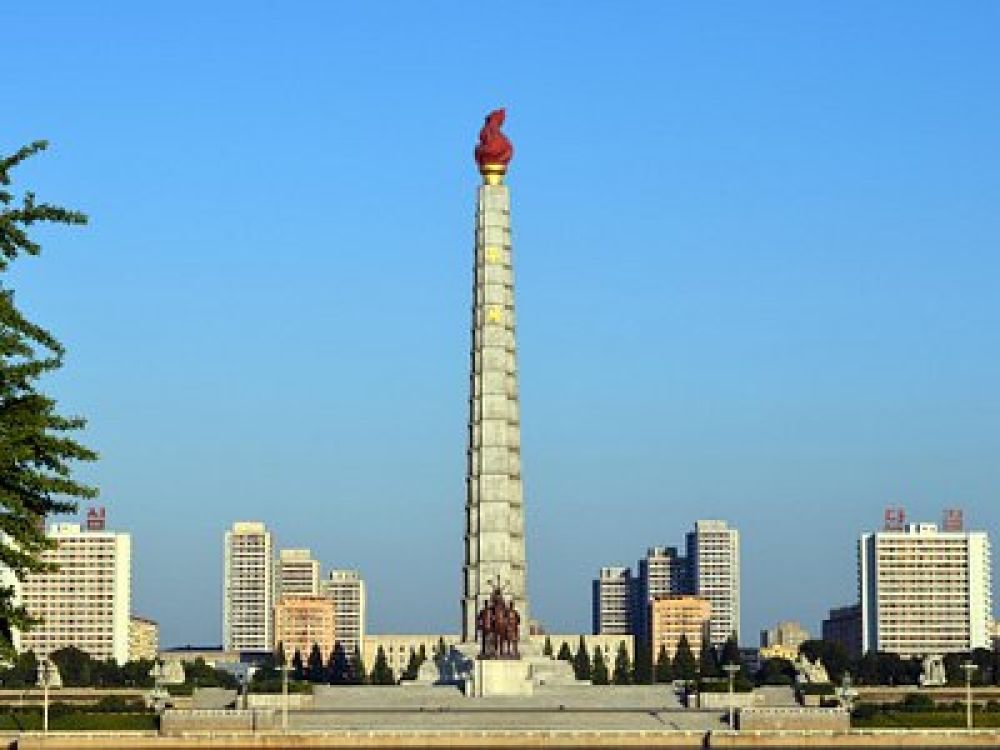

Nampo, also romanized as Nampho, is a city on the western coast of North Korea. Steeped in history but shrouded in the secrecy of its nation, Nampo offers a unique window into North Korean life and culture for the few tourists who visit each year.
In the era of Kim Il-sung, the late Supreme Leader of North Korea, tourism was tightly controlled with few Westerners ever gaining entry. Nampo, being an industrial city with its West Sea Barrage, a large dam regulating the Taedong River, was primarily a showcase of North Korean ingenuity and engineering rather than a tourist hub.
During the late 20th and early 21st centuries, North Korea began to develop tourism as a potential revenue stream, albeit in a very controlled and curated form. Nampo benefitted modestly from this development, with some tourist facilities like the Ryonggang Hot Spa Hotel providing accommodation for international visitors.
Nampo's role in North Korean tourism remains limited but noteworthy. While cities like Pyongyang and areas around Mount Kumgang and the DMZ attract more international attention, Nampo presents a unique aspect of the North Korean experience. Its industrial landscapes, including the West Sea Barrage, and the Chollima Steel Complex, offer a different narrative about North Korea’s self-reliance and industrial capabilities.
Tourism in North Korea, and by extension Nampo, continues to be highly controlled by the state. Nonetheless, recent trends suggest a slight opening and interest in diversifying tourist experiences. These include agricultural tours, marathon participation, and other cultural exchanges. However, political tensions, strict regulations, and the global COVID-19 pandemic have tremendously impacted travel to North Korea, with the future of tourism in Nampo being uncertain.
Whilst Nampo will never compete with global tourist destinations in terms of visitor numbers or freedom of experience, its tourism history reflects the broader story of North Korea's careful presentation of itself to the outside world. For the few who visit each year, it provides an unparalleled insight into one of the world's most enigmatic countries.
In conclusion, Nampo's tourism history is less about a timeline of development and more about its role in the narrative North Korea wishes to convey to its visitors. As diplomatic relations and global dynamics shift, so too may the future of tourism in Nampo.